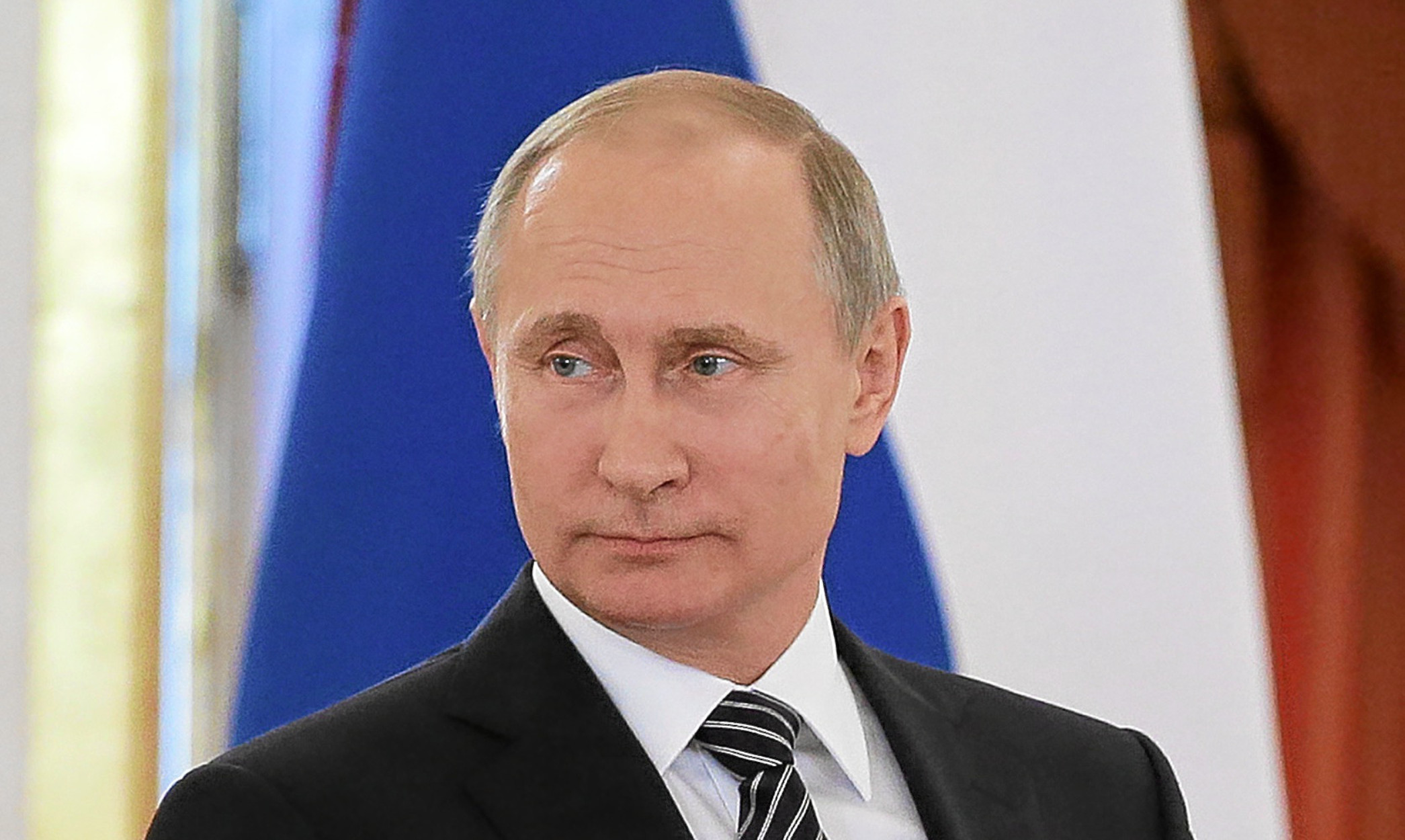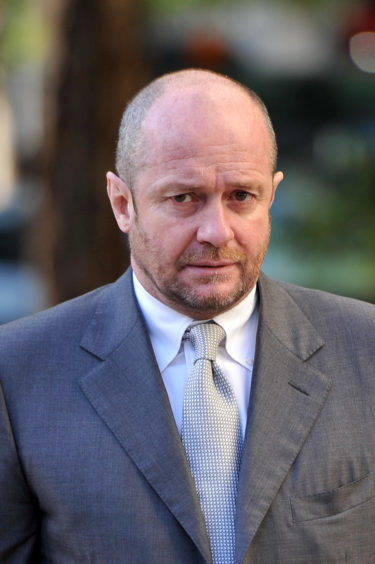A Dundee businessmen falls from a window on to railings below – a horrible death now thought part of the new world order.
Russia stands accused of being a state that has blurred the lines between public duty and private gain, resulting in a mafia-like approach to government and foreign affairs.
The death of Scot Young in London in 2014 is part of the inquiry into how far Moscow does its dirty business in the UK. Suicides do not jump on to railings, dead people don’t fly out of Mayfair windows. Mr Young’s death was always suspicious – much as Moscow over the last decade has become a constant concern, a macho state bullying its neighbours, a home to billionaire thugs.
Since the attempted murder of Sergei Skripal and his daughter Yulia on March 4, 14 fatalities have been identified as possibly the work of Moscow, of which Mr Young is just one.
Perhaps this is the British state spinning the media to whip up anti-Russian feeling, as Moscow would have us think.
The Russians, bizarrely copying an SNP meme of saying any critical story about them is ‘SNP Bad’, have adopted a social media slogan of ‘highly likely Russia’, suggesting blaming Moscow has simply become a reflex of the West.
Yet this doesn’t stick, for the simple reason that the charge sheet against Russia is long, detailed and proven. Nor does it wash to accuse Britain of being equally mired in the dirty world of spying and tricks.
The UK is depressingly reliant on dodgy finance and selling arms to corrupt nations, and no doubt we are to blame for dark actions against individuals. However, Britain does not stand accused of murdering its former citizens on foreign soil. In a dirty world, we are in the shadows, but Russia is from the dark.
The issue is not the tit for tat over spies – a game which has run for centuries to its own, bizarre rules – but the bigger question of Russia’s purpose in the global order.
We need to see this not from a park bench in Salisbury, England, where Mr Skripal was found two Sundays ago, but from Ghouta in Syria, Tbilisi in Georgia and from Sevastopol in the Crimea.
In the last 10 years, the independent states of Syria, Georgia and the Ukraine have all been invaded, in effect, with the last two having land annexed to Russia. Each of these are crimes against the democratic will of sovereign people, a fact that pales beside the violence enacted in each territory.
These military adventures are part of Vladimir Putin’s eurasianism – a form of manifest destiny that Moscow should govern the east of Europe and the north of the Asian continent.
This could be dismissed as the Putin equivalent of Donald Trump’s ‘America First’ rhetoric, but the US is building walls, not invading neighbours.
The spying dispute seems tangential to this but it is all part of the aggressive ideology, a muscular bullying predicated on the idea that the West is reluctant to get involved.
Moscow is said to be conducting ‘full spectrum’ war, which means all means are justified, all assets targets. That’s why our NHS computers come under attack from malware, why Barack Obama had to expel Russians from the US for interfering in the presidential election, why the Indy and Brexit referendums were bombarded with fake tweets.
We must now think of retaliation. Russia is a weak state – its economy is poor and its military far behind the West’s. Putin is the wee man in the bar who survives by punching first. It is time the West punched back.
Theresa May’s expulsion of 23 Russian diplomats yesterday achieves little – proof of a feeble West. Economic sanctions should be harsher.
England should not take part in the football World Cup, which will be held in Russia this summer. The Russian money which pollutes the city of London should be frozen or blocked. But we have to think in terms of military resistance – we have stood by in Syria, in Georgia and in the Ukraine. We have appeased, fearful of another foreign entanglement.
The case for intervention has appeared to be messy, too open-ended to seem wise. Yet the cumulative effect is that we have allowed Russian nationalism to grow.
I was against Iraq, against a long stay in Afghanistan, and Libya always looked like an arrogant mistake – the doctrine of not getting involved seemed the smart choice in a messy world.
I no longer think this is correct. We must prepare to resist the next act of Russian expansion, in the name of resisting a fascistic ideology set on empire building and the suppression of human rights.
Presumably Mr Skripal was poisoned as a warning: Moscow saying it never forgets. We should never forget how important it is to resist nations who have come to believe their own propaganda.
The homoerotic posing of Mr Putin and the 1970s porn movie tackiness of Moscow’s wealth and arrogance – all make Russia seem a ridiculous thing, a vulgar joke.
Mr Putin’s Russia is violent, oppressive and expansionist. Crucially, it is not scared to act. Neither should we be scared to retaliate.

